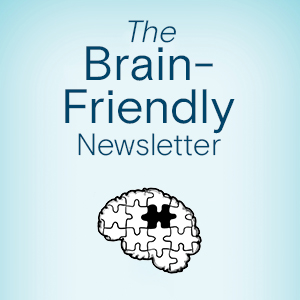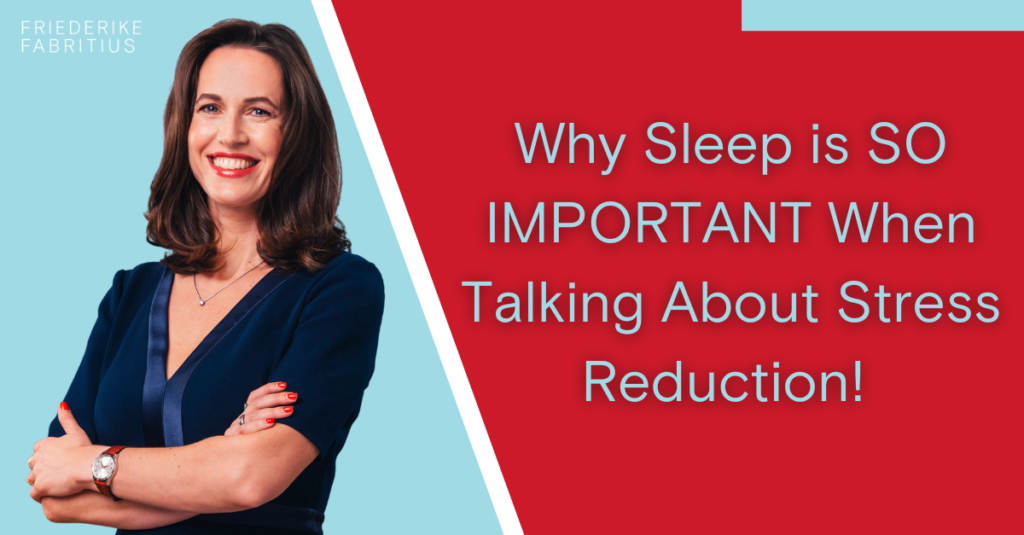Sleep your way to less stress!
Why Sleep is SO IMPORTANT When Talking About Stress Reduction!

The Brain-Friendly Newsletter
“Don’t talk to me before I’ve had my coffee” or “Less talky; more coffee” are sayings that we have all seen on a coworker’s mug, or maybe even one of your own!

Jokes about being tired, needing a caffeine pick-me-up in the morning, or not being able to function without a morning coffee are ubiquitous with office life. And I’m sure we can all think back to a conversation that included the statement, “You think you’re tired? I’m tired!” before someone promptly tried to downplay your fatigue and try to one-up it with theirs.
Somehow, we have come to normalize something that is actually quite detrimental to our overall well-being: lack of sleep!
Why is sleep so important?
It’s not just the residual grogginess, irritability, or bags under the eyes that we need to consider when we talk about getting enough rest.
Lack of sleep can cause otherwise healthy people to be more susceptible to mental health challenges, such as episodes of depression. This is because sleep is like a washing machine for your brain. It cleanses memories of the stress-related neurotransmitter norepinephrine that can sometimes cause anxiety.
Without adequate rest, we can fall into an unfortunate cycle of being anxious about the inability to get enough sleep, and that lack of sleep causes more symptoms of anxiety
So, how do I get better shuteye?
You are not alone if you find yourself struggling to get enough quality sleep.
One recent poll showed that 43.2% of respondents were suffering from insufficient sleep, and 32% experienced general sleep disturbances.
If you are one of the many who are looking to find ways to get not only more, but also better-quality sleep, here are some science-based strategies.
Luckily, a lot of the ways we can do this are pretty simple changes!
- ☕ Cut out caffeine in the afternoon (or altogether).,
- 💻 Turn off your electronics a few hours before you hit the hay.,
- ✏️ Journal before going to bed to store any unfinished obligations on a list instead of in your head.,
- 🍷 Nix that nightcap. While you might feel a bit sleepy shortly after a few drinks, because alcohol floods your system with sleep-inducing adenosine, as soon as that alcohol metabolizes, the adenosine quickly dissipates, and you may find yourself sitting bolt upright in the middle of the night. A quick way to ruin what could have been a good night’s sleep.
It is not possible to discuss reducing stress without bringing up sleep! Many of us have normalized being tired and not getting enough rest – and it is time we start to make it a priority.
Our brain needs that time to recover from the stressors of the day, and so do we.
So, what changes can you make to your nighttime routine to make getting to sleep, and getting MORE and high-quality sleep, easier?